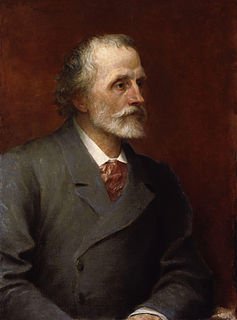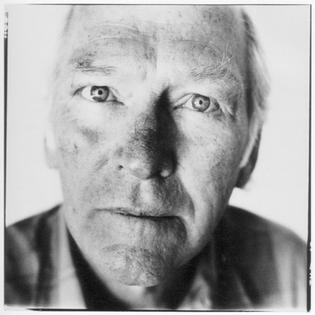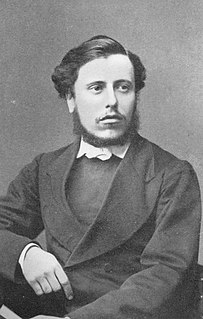A Quote by Henry David Thoreau
A true account of the actual is the rarest poetry, for common sense always takes a hasty and superficial view.
Related Quotes
If you examine the highest poetry in the light of common sense, you can only say that it is rubbish; and in actual fact you cannot so examine it at all, because there is something in poetry which is not in the words themselves, which is not in the images suggested by the words 'O windy star blown sideways up the sky!' True poetry is itself a magic spell which is a key to the ineffable.
Mathematics is often erroneously referred to as the science of common sense. Actually, it may transcend common sense and go beyond either imagination or intuition. It has become a very strange and perhaps frightening subject from the ordinary point of view, but anyone who penetrates into it will find a veritable fairyland, a fairyland which is strange, but makes sense, if not common sense.
The dominant metaphor of conceptual relativism, that of differing points of view, seems to betray an underlying paradox. Differentpoints of view make sense, but only if there is a common co-ordinate system on which to plot them; yet the existence of a common system belies the claim of dramatic incomparability.
Common sense is not something rigid and stationary, but is in continuous transformation, becoming enriched with scientific notions and philosophical opinions that have entered into common circulation. 'Common sense' is the folklore of philosophy and always stands midway between folklore proper (folklore as it is normally understood) and the philosophy, science, and economics of the scientists. Common sense creates the folklore of the future, a relatively rigidified phase of popular knowledge in a given time and place.
The Divine Comedy is a political poem and when you say poetry is not about - he's always quoted out of context, that "poetry makes nothing happen," that doesn't mean you shrug your shoulders and don't try to make anything happen. And Dante felt that poetry was engaged, there was a point of view; it's not my point of view, it's orthodox medieval Christianity, and I have my troubles with that. He didn't feel that you could just rule out so important a section of life - we care about these things, and it's out of caring about them that we write poetry.
The competition for the future of crime fiction is fierce, as it should be, but don't take your eyes off Craig McDonald. He's wily, talented and-rarest of the rare-a true original. He writes melancholy poetry that actually has melancholy poets wandering around, but don't turn your backs on them, either. I am always eager to see what he's going to do next.


































